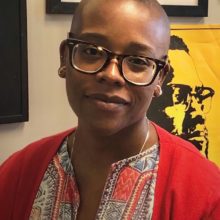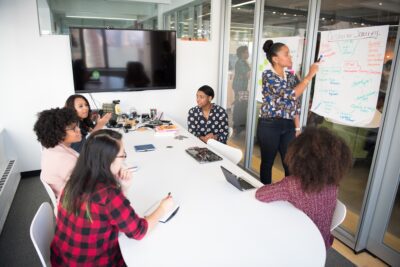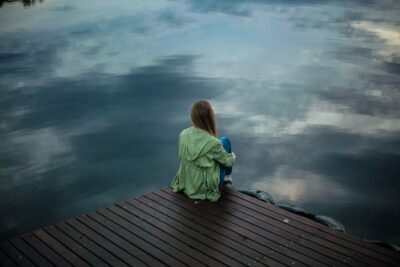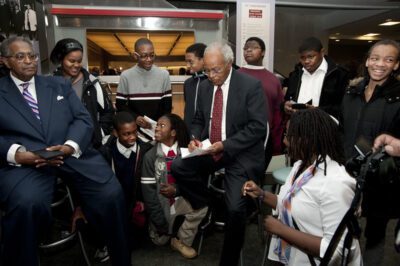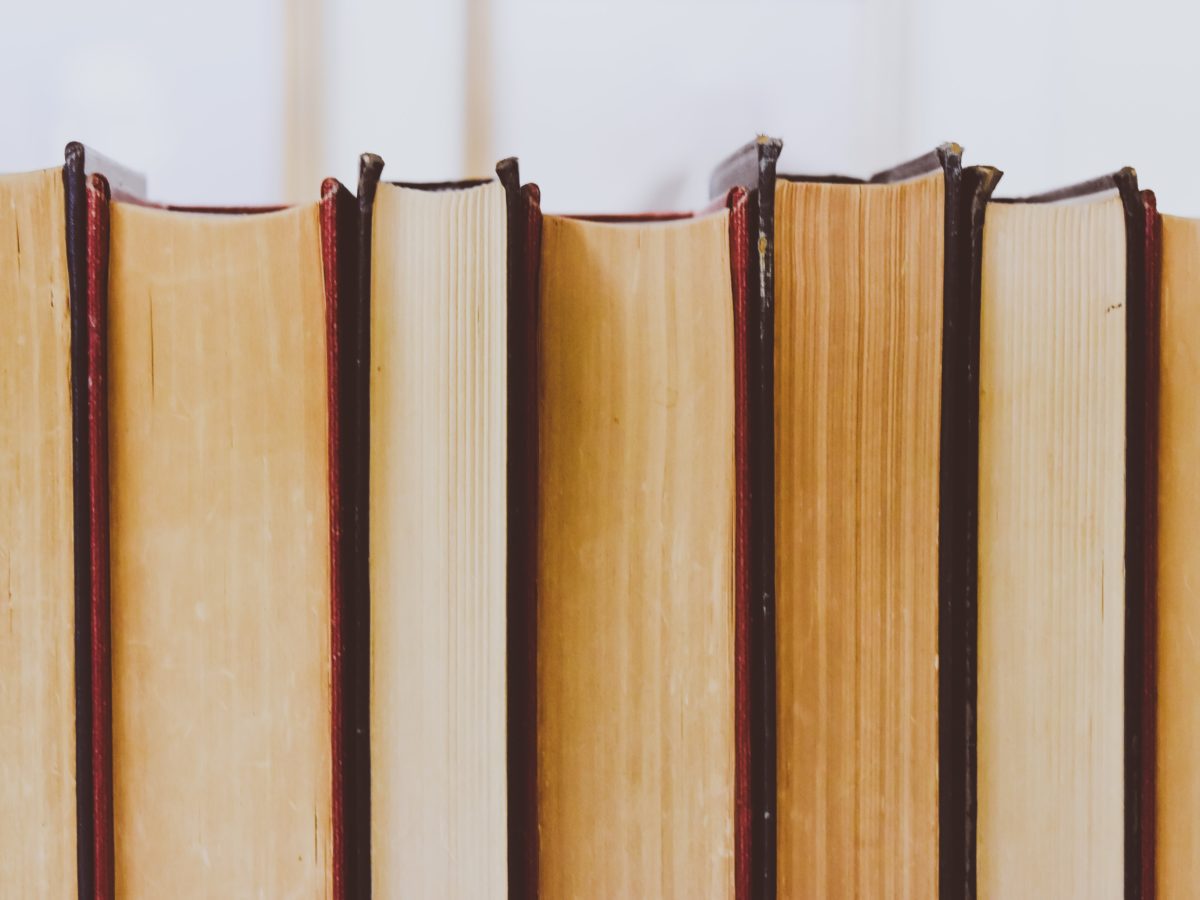
|
|
I can’t imagine living in a world without Shug Avery teaching me that God is “[E]verything that is or ever was or ever will be” — or without Paul D assuring me I’m my own best thing while Sethe insists, “Love is or it ain’t.” I can’t imagine living in a world where Maya Angelou isn’t revealing how caged birds sing, and Janie Crawford fails to show me why we must keep our eyes on God.
Yet here I am, nearing the first quarter of the 21st century, exposing my Black college students to the fact of America’s banned book practices in a democratic nation governed by politicians so threatened by the probability of a critically conscious populace that some folks can’t even say “gay,” let alone read about it, without risking their freedom.
Here we are. Reliving 40 years passed — still promoting the freedom to read and spreading awareness about the abrupt flood in book censorship. Librarian activists such as Judith Krug, along with the Association of American Publishers and the American Library Association’s Intellectual Freedom Committee, have remained committed to fighting back against this infringement on our rights as they pinned the last week in September as a time to “celebrate the freedom to read” and to “draw attention to writers, editors, librarians, publishers and readers who suffer human rights violations because of their work.”
I am most interested in the latter devotion: the “drawing attention to writers … who suffer human rights violations,” for, inarguably, although (most all) Shakespeare, Mark Twain’s “Adventures of Huckleberry Finn,” Aldous Huxley’s “Brave New World,” George Orwell’s “Animal Farm,” Margaret Atwood’s “The Handmaid’s Tale,” and Harper Lee’s “To Kill a Mockingbird” are among the most popularly banned books, more students than not have read these texts or are familiar with their plots — prior to any film adaptations of them.
As a matter of fact, during my high school teaching career, my English Language Arts students read the often-banned “Lord of the Flies” by William Golding, Mark Twain’s “The Adventures of Huckleberry Finn,” and Kate Chopin’s “Awakening.” While such books have been historically banned from America’s schools, libraries, and prisons, there hasn’t been a deliberate curtailing of students’ acquisition of them, thus ensuring students’ access to dominant voices while curtailing students’ access to queered voices — including Black authors.
With conservative politicians who are pushing to censor classroom discussions on race, gender, and sexuality — what’s the probability of Maia Kobabe’s “Gender Queer,” the most frequently contested book in the nation, being included as recommended school reading, thus maintaining its circulation in and outside of school? Undoubtedly, America’s book banning practice is a fishing expedition on works authored by Black and LGBTQ folks. As such, book banning is a covert Jim Crow-ing practice.
I therefore propose a queer reading of literature that invites students, librarians, teachers, and politicians to reimagine banned books as the banned persons writing and to learn from such marginalized voices.
In other words, if we dare to queerly read banned books such as “Forged By Fire,” “Darkness Before Dawn,” “Dear Martin,” and many others, it will help us develop a critically conscious literacy practice that enlarges our humanity, thus ensuring Black, Brown, and LGBTQ voices have a greater chance of moving from margin to center as their knowledge — their personhood — is valued and validated.
